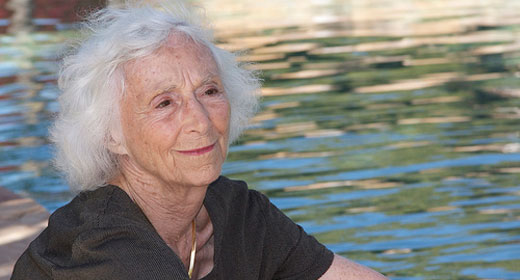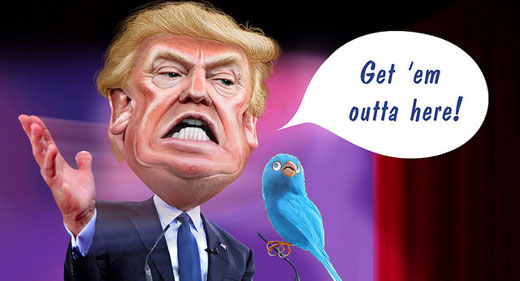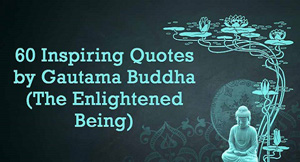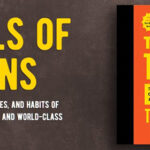by Ed and Deb Shapiro: Did you ever get into a heated argument with someone over a meaningless issue…
only to find it constantly replaying itself in your head, as if it’s stuck to you like glue? You don’t want to think of the other person yet now you’re attached to them; despite the situation or encounter being over, it keeps coming up in your mind to haunt you.
Soon after Nelson Mandela’s release after 27 years in jail, President Bill Clinton asked Mandela if he was angry with his jailors the day he finally walked away from them. “Surely,” Clinton asked, “You must have felt some anger?” Mandela agreed that, yes, alongside the joy of being free, he also felt great anger. “But,” he added, “I valued my freedom more. I knew that if I maintained my anger I would still be a prisoner.”
This attitude recognizes the effect anger has: one of keeping us a prisoner in ourselves. It also shows that we always have the choice to be aware or to be a victim. For instance, imagine your mind is like a beautiful garden and you let a pig into it. You will have a very hard time getting that pig out, as pigs are stubborn and won’t budge, especially as they love tasty gardens! In the same way negativity, like a pig, won’t budge or leave us alone but imprisons us within ourselves. That’s where mindfulness comes in.
Mindfulness is being completely present with whatever you are feeling, thinking, or experiencing, and purposefully paying attention to whatever arises in the moment. So it’s being aware of negative thoughts or feelings and of me-centeredness, as much as being aware of positive feelings like love and kindness. Such mindful awareness is nonjudgmental; it doesn’t condemn or discriminate. It’s simply being aware of what is.
In this way, the stickiness of negativity doesn’t sneak up on us unawares or take us over, so we don’t end up with a garden full of pigs. Normally an angry encounter, self-pity, hopelessness, or any one of a myriad of self-depreciating states will push others away, condemn and make everything wrong except itself. Certainly, all the negative reactions that arise during moments of discord can cause great anguish but our own anger does us far more emotional harm than someone else’s words or actions. Our heart goes out of reach and there’s no compromise, no chance for dialogue, just “I am right and you are wrong.”
Being mindful is like a dear friend who enables us to know and embrace ourselves with kindness. Mindfulness means we don’t get locked out of our heart. Rather, we watch how negativity distracts the mind and makes such a song and dance, and we just keep breathing and watching as it goes on it’s merry way.
Practice: Start by choosing just one thing to be mindful of, such as your breath or the movement of your body as you walk. As you do this, so you’ll naturally become mindful of other things too, such as physical sensations, thoughts or feelings.
To become aware of the breath, find a comfortable place to sit with your back upright. Close your eyes and simply watch the natural flow of the breath. There is a difference between watching the breath and controlling your breathing. Here you are just watching. To help you focus, you can silently repeat “Breathing in, breathing out” with each breath.
Extracted from The Art of Mindful Relaxation by Ed Shapiro
***********************
Ed Shapiro is the author of The Art Of Mindful Relaxation, The Heart of Yoga Nidra. Deb is the author of Your Body Speaks Your Mind, now in 19 languages. Award-winning Authors Ed and Deb are mindfulness, meditation and yoga experts. They have six meditation downloads.









































